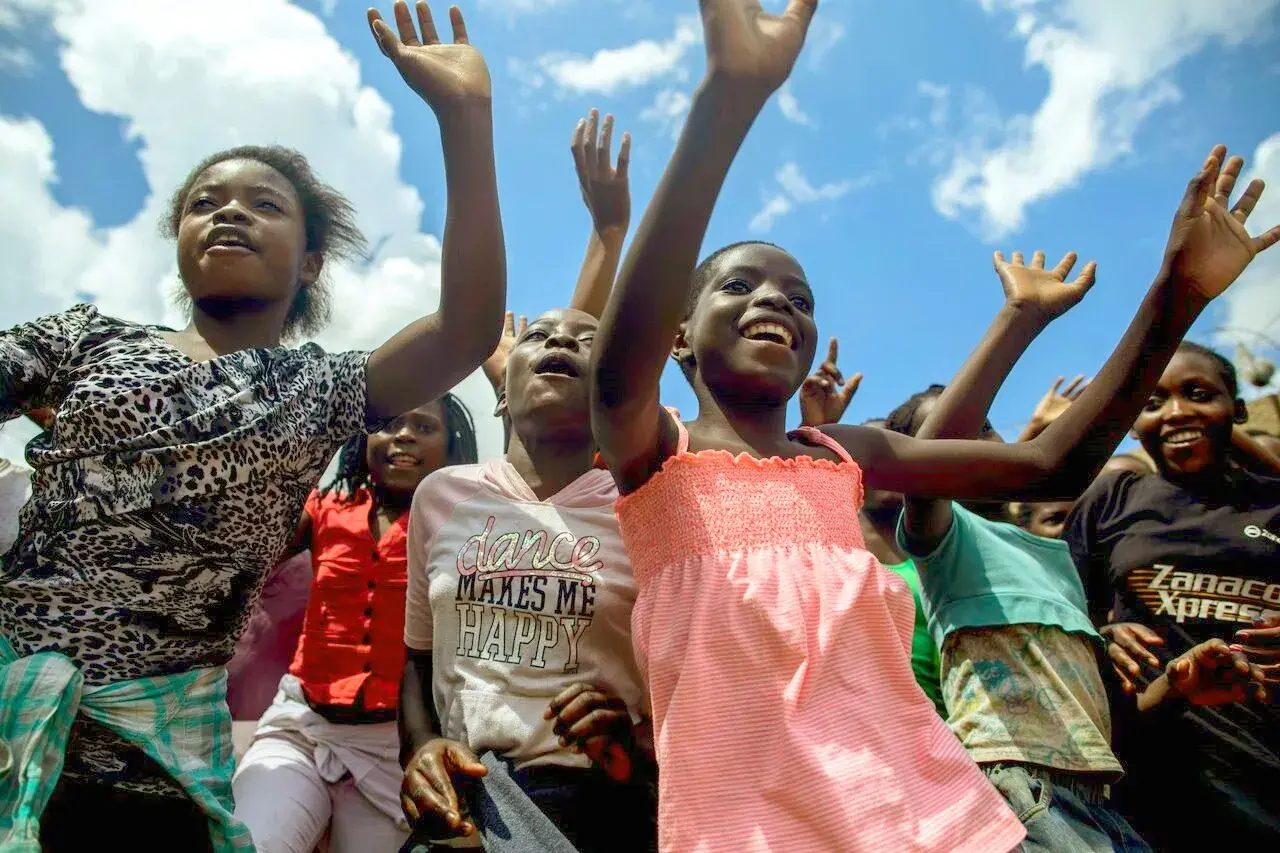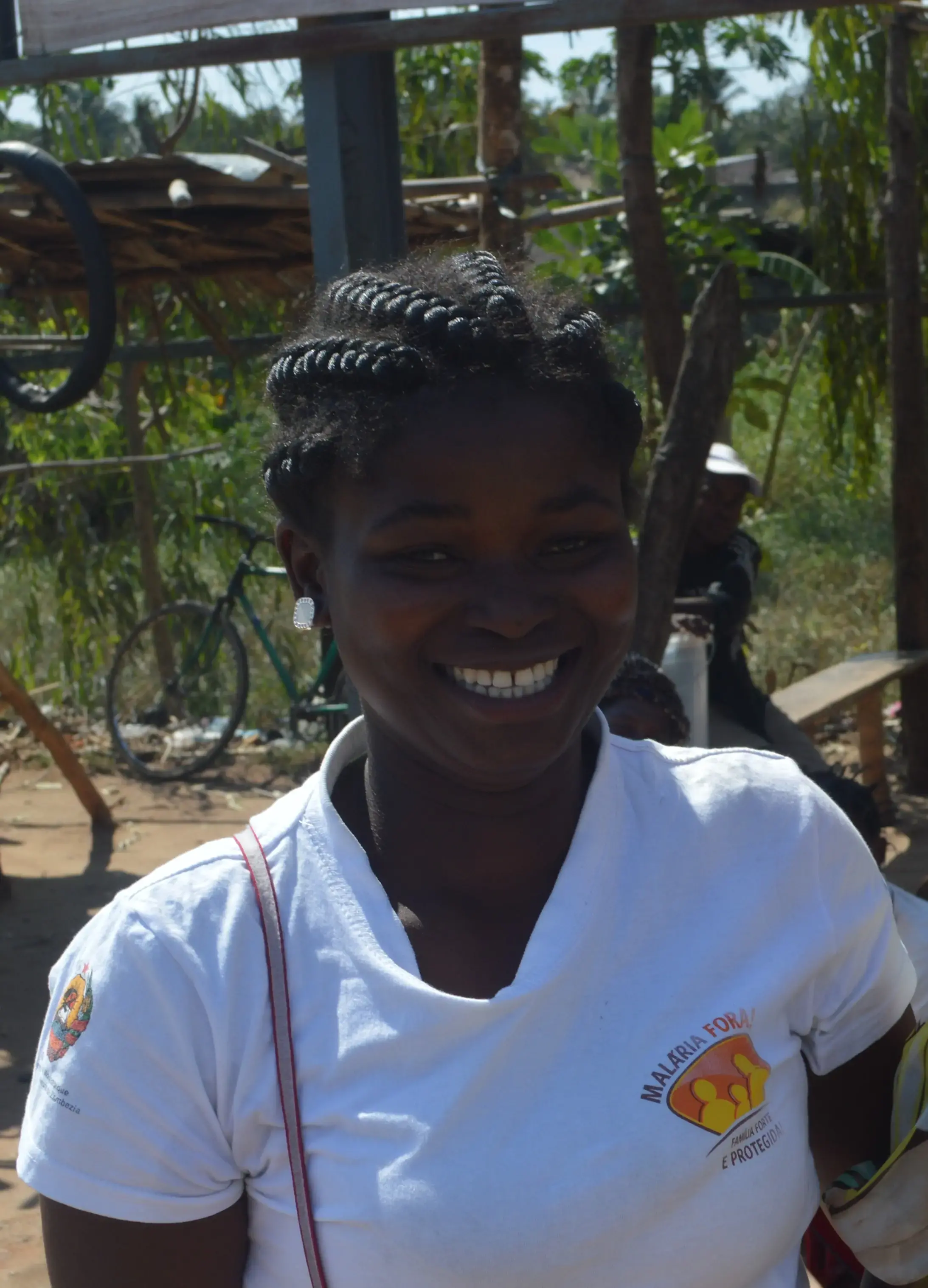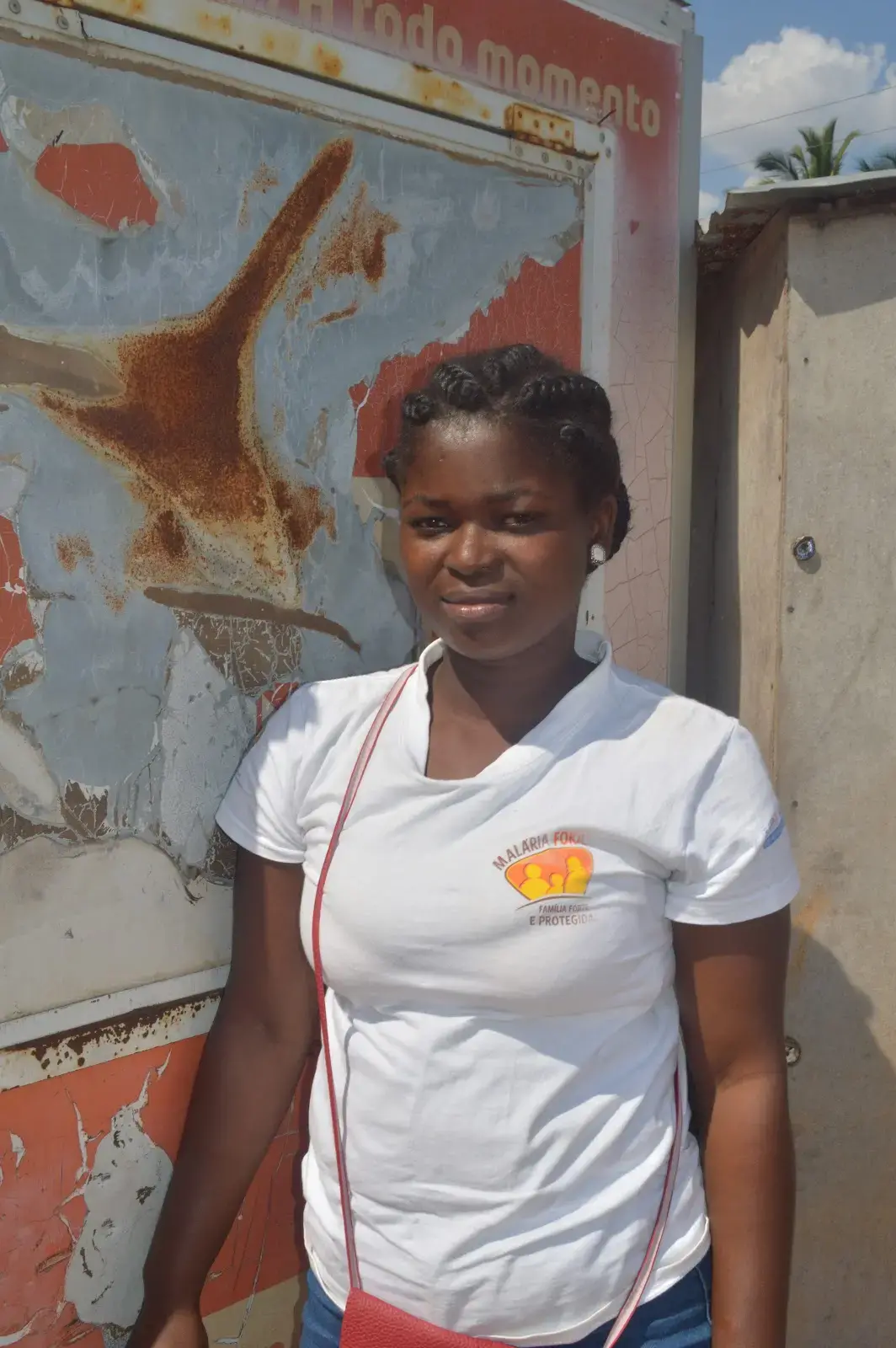In so many ways, the unique set of challenges surrounding fistula have been
a catalyst for change in the development world. The response to fistula was, along with responses to HIV and AIDS, tuberculosis and other conditions, an early example of a marriage between public health and clinical medicine. Fistula furthered this interface through community-based public-health interventions and institutionally-tied surgical care. Fistula required thought and programmes for both dealing with and preventing the condition, and these were based not in immunization or focus groups, but in institutionally-bound surgery. As a surgical issue, there have been tremendous hurdles to overcome, as fistula repair inconveniently straddles traditional boundaries in pelvic surgery training. Repair involves a mixture of techniques native to gynaecology, urology, general surgery and plastic surgery. It calls for significant capacity-building to conduct highly complex procedures in some of the world’s most resource-poor areas.
Obstetric Fistula Guiding Principles For Clinical Managements and Programme Development

Publisher
Number of pages
140
Author
Dr. Steven Arrowsmith
Publication
Obstetric Fistula Guiding Principles For Clinical Managements and Programme Development
Publication date
26 April 2021




